Rev. Dr. C.T. Vivian
2015 Choral Arts Humanitarian Award Recipient
Transcript from Rev. Dr. C.T. Vivian’s speech at Living the Dream…Singing the Dream, the 27th Annual Choral Tribute to Dr. Martin Luther King, Jr. on Sunday, February 22, 2015 at the John F. Kennedy Center for the Performing Arts.
SCOTT TUCKER
It’s a great pleasure this time to introduce our presenter of tonight’s Humanitarian Award, Mr. Julian Bond.
He obviously needs no introduction. A lifelong social activist, he served terms in both the Georgia House and Senate. He was the chairman of the NAACP from 1998 to 2010. And he was the first president of the Southern Poverty Law Center. These are just a few of his many, many, many accomplishments. He was also the 2008 recipient of the Choral Arts Humanitarian Award. Please join me in welcoming Mr. Bond to the stage.
JULIAN BOND
Thank you so much. Choral Arts began honoring individuals who embody Dr. King Jr’s spirit of reconciliation, peace, and brother and sisterhood with an annual Humanitarian Award in 2004. The award is presented with great joy at this celebratory concert each year. I’d like to recognize my fellow previous awardees, some of whom are with us tonight, including Harris Wofford, Marian Wright Edelman, John Lewis, Charlayne Hunter-Gault, Bernice Reagon, Norman Scribner–I know Norman is up there–and Ysaye Barnwell.
We also remember those awardees who have passed away, but whose work lives on, including the late Dorothy Height, the late John Doar, and the late Nelson Mandela.
Once known as a Christian journalist, C.T. Vivian is best known for his work with Martin Luther King, Jr. As National Director of Affiliates and Strategists for every Southern Christian Leadership Conference Organization, he has helped change the nation. He participated in freedom rides and sit-ins across the country. He was deeply involved in the movements from Florida to Illinois. His work in Birmingham helped enact the civil rights bill, and his work in Selma, the voting rights bill. He’s provided civil rights counsel for presidents Johnson, Carter, Regan, Clinton, and Obama, and continues to lecture on racial justice and democracy throughout the world. In 2008, Dr. Vivian founded the C.T. Vivian Leadership Institute to create a model leadership culture for the purpose of training and educating the new generation of grassroots leaders inspired to mobilize a constituency. It is with great spirit and great hope for the future that I’m honored to present tonight’s Humanitarian Award to Dr. C.T. Vivian.
REV. DR. C.T. VIVIAN
You know, would you believe that this fellow and I started to lay down in front of a truck very early in the movement. We were really gonna make a move. And, it’s just one of those things. When we start thinking about one thing about movement, we think about so many, and over the years we have done a lot more thinking than we did then.
Number one, we thought that Martin, he was always ahead of us. Remember that. Martin was always ahead of all of us, right? In the beginning, we thought that all Martin was concerned about, really, was the freeing of black people. He was, without doubt. But that was the test case for Martin, for all the rest of us across the world, [to see] if nonviolent direct action could work outside of India. That’s really what was going on. We were really trying to find out through Martin, and we owe Alabama more than any of us know. See, you have to go to the worst places in order to come up with the best stuff, right?
If Martin had not gone back, if he’d taken the easy course and just stayed in the North or just run back and forth every now and then, and ended up with a church that wanted him instead of a world that needed him, we would all be without him.
But when you really see Martin, he was trying to solve social problems without violence, realizing that without that we’d be right back doing the same things to each other as we were doing before. We’ve got to solve social problems without violence. That is the real duty for all of us. It’s a duty. You know, we had enough preachers, but they weren’t solving social problems without violence. We had enough churches, but they didn’t seem to understand that you could do it all without standing behind a pulpit.
And when we did, we began to do the thing that Martin wanted us to do, to change the very nature of this society, solve social problems without violence. And we found out that we could do it. And we went to the worst places like, we started out in Montgomery, Alabama. You see, when you think about it, had they lost, had they not come out of those churches and walked down the street and faced guns and brutal police and just outright racism on every hand–had they not, we would have never got to the rest of it.
And you and I would be just like most of us were in high school or grade school. I’m older than most of you. But we would have never got around to what was possible. And we only had the East that understands. Now we’ve got the East and the West. We both understand what’s possible, and we are the ones to continue it. And that is what we were meant to do and be, and become clear on that. Let’s all do what Martin said when he left. His last book that he wrote, he talked about how we had to do two or three things. And one of those was to end racism. Finish it. We’ve only proven what it can do. Now we’ve got to prove it by getting rid of it, right? But it wasn’t the only thing— that we got to make certain that nobody is without food, nobody is without help, nobody is without education. How can we do that?
And we know that Martin was right, and everything that came out of his mouth just made us think deeper and deeper and to get away from the hate syndrome that has had this nation, particularly the South, but this whole nation. I grew up in the North and we had to change it too. All of it has to be changed. We are changing our culture and it’s not done yet. We still have to continue.

